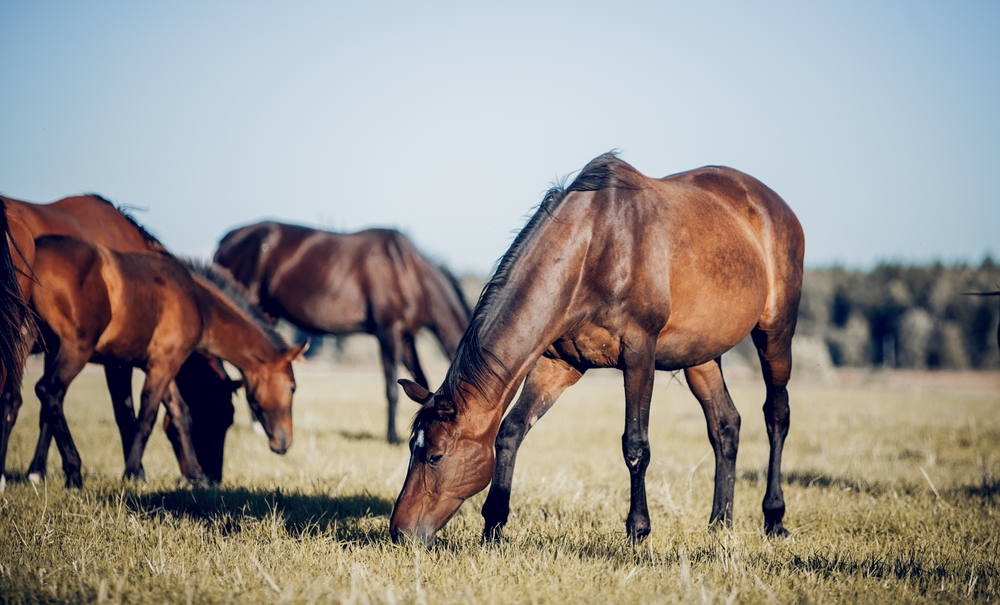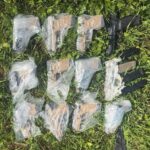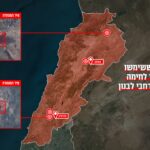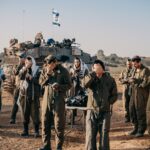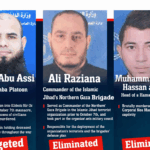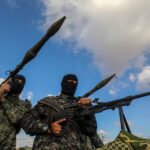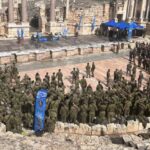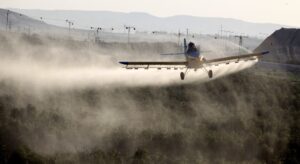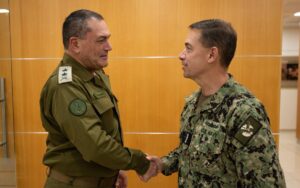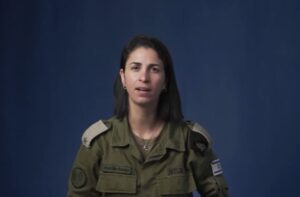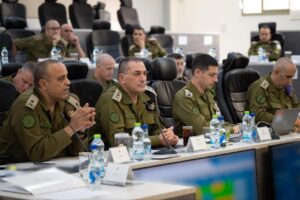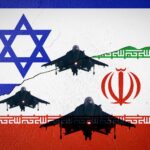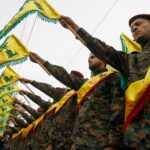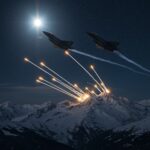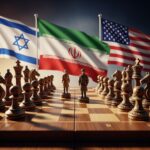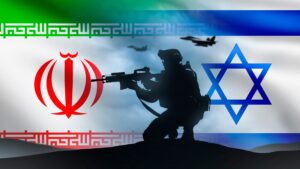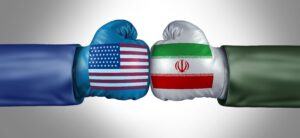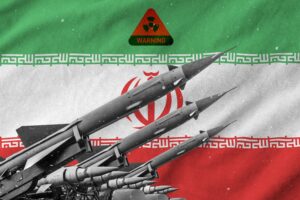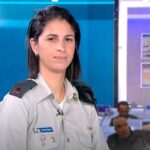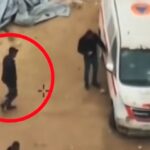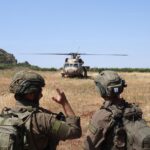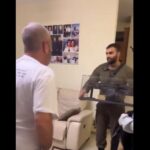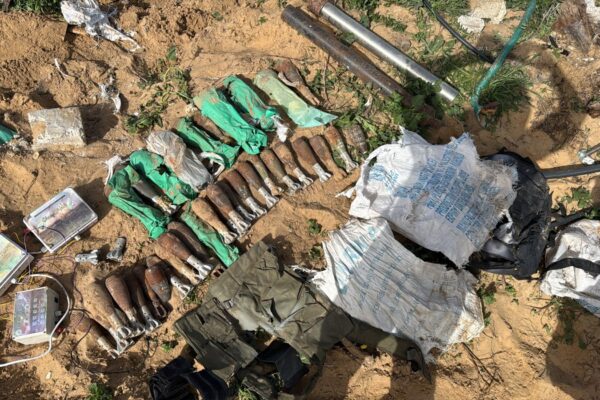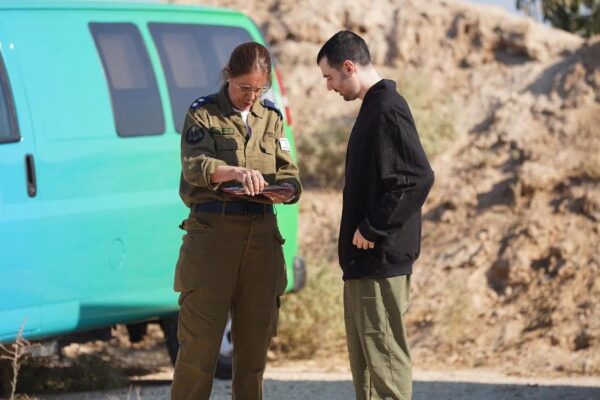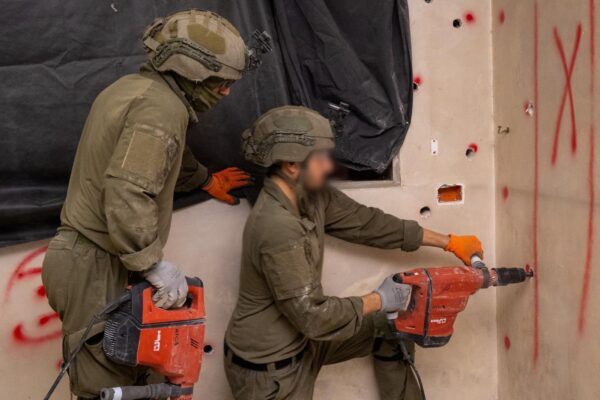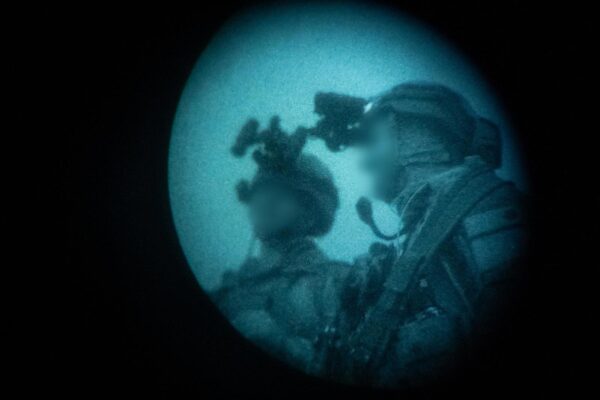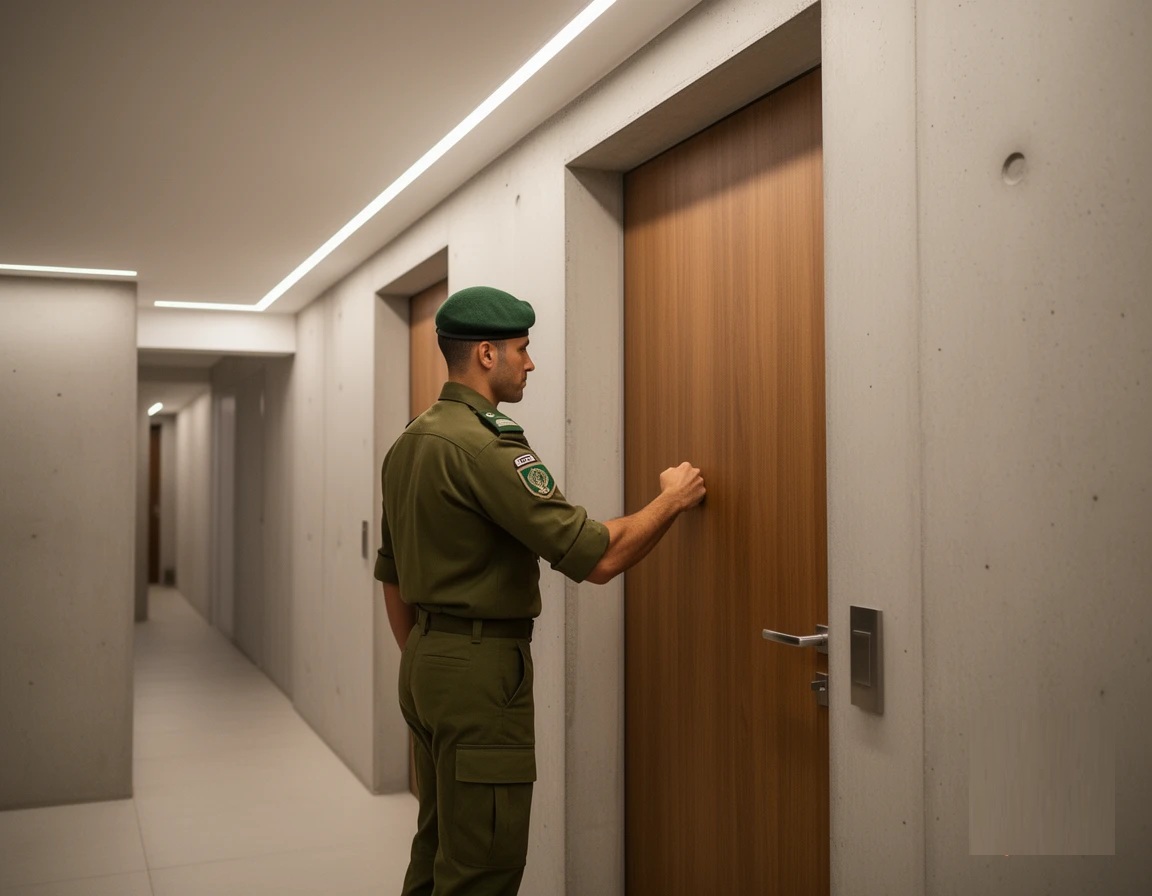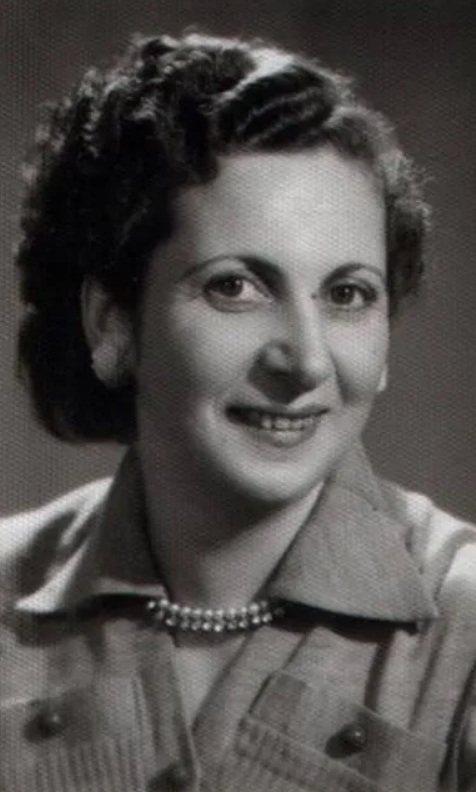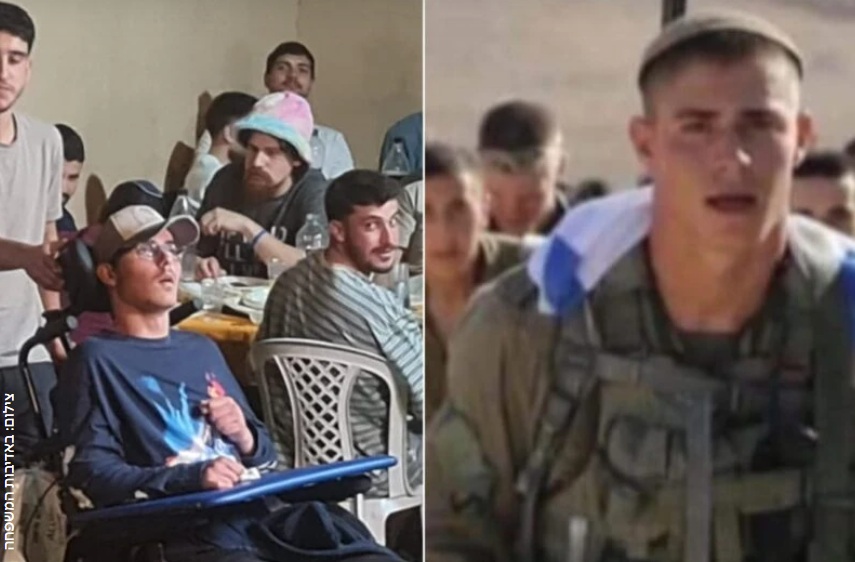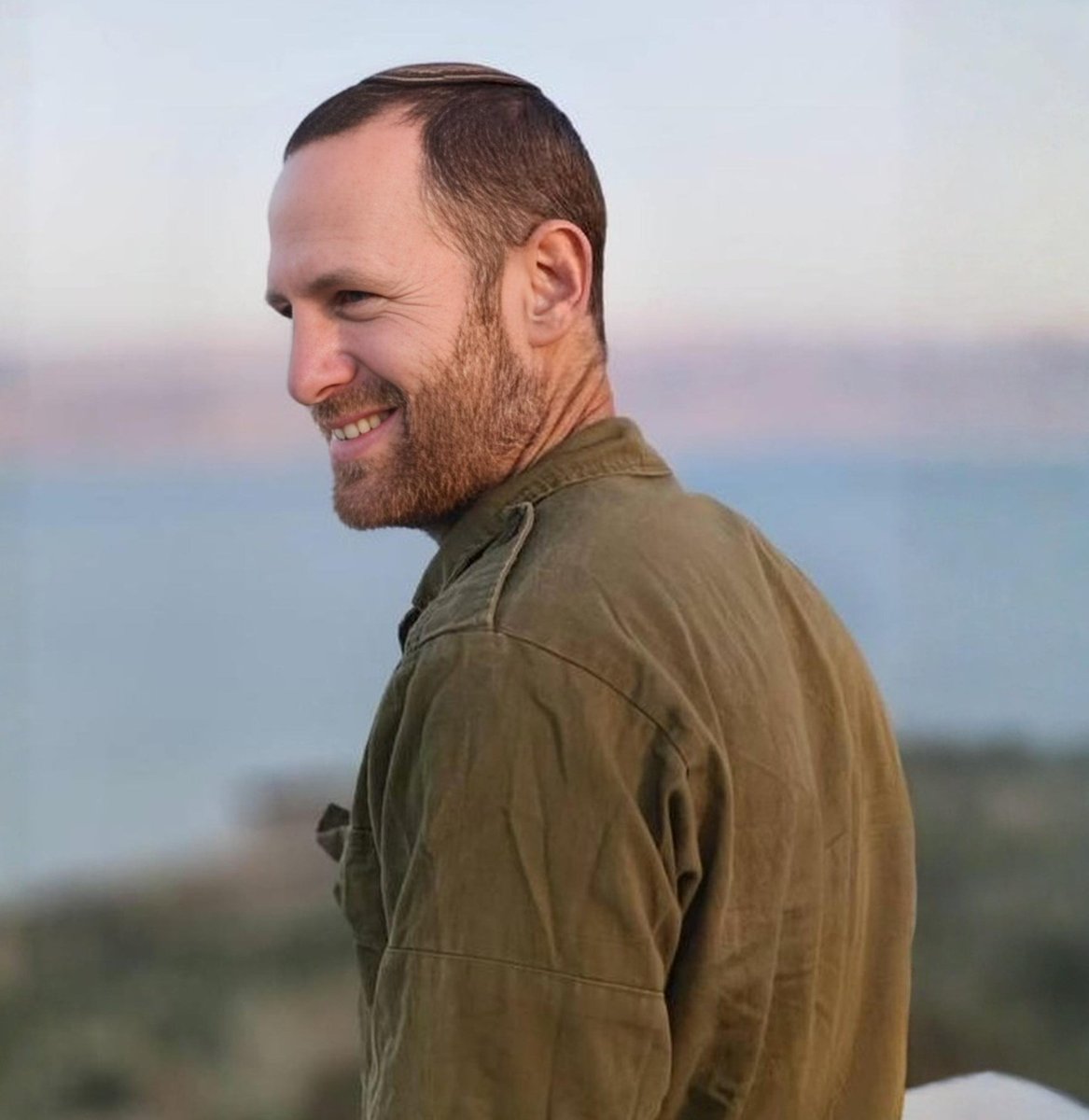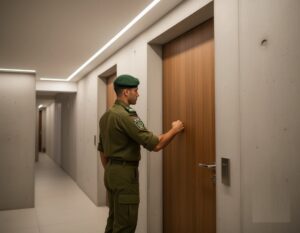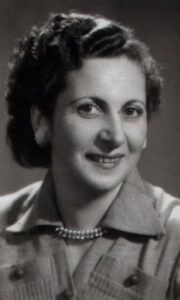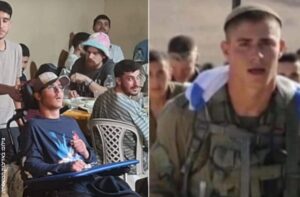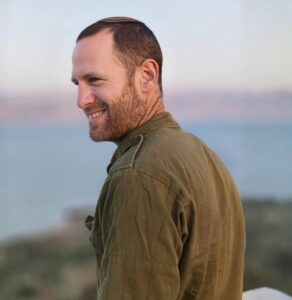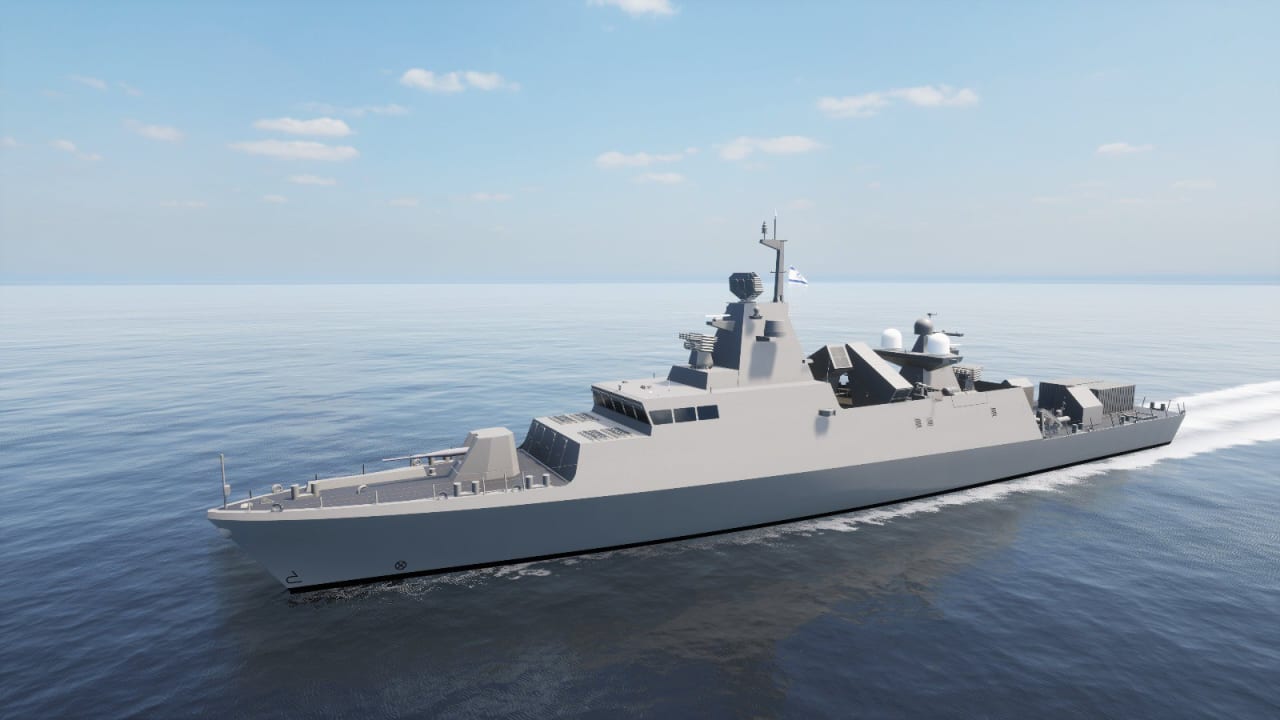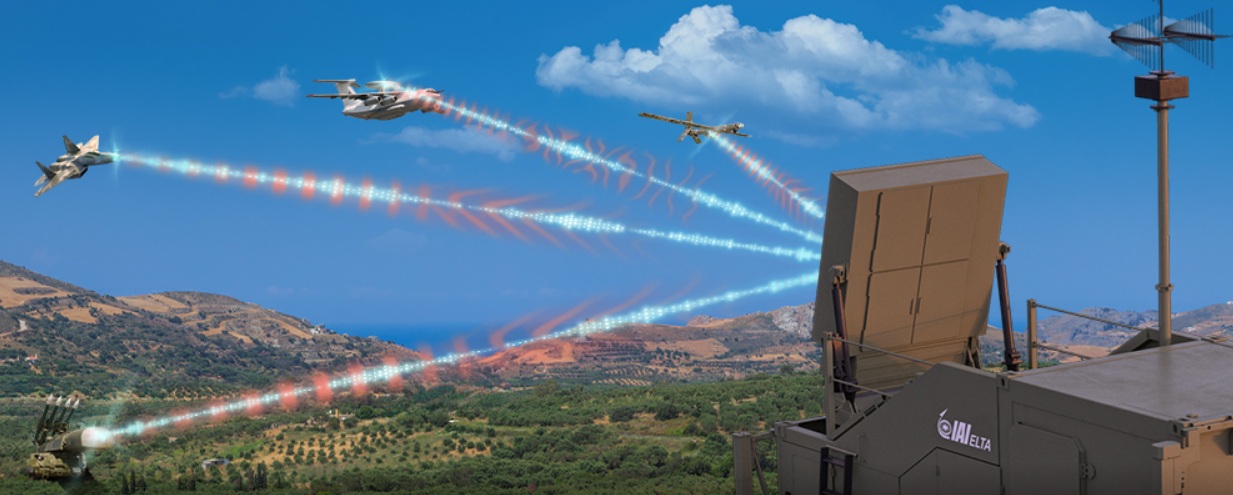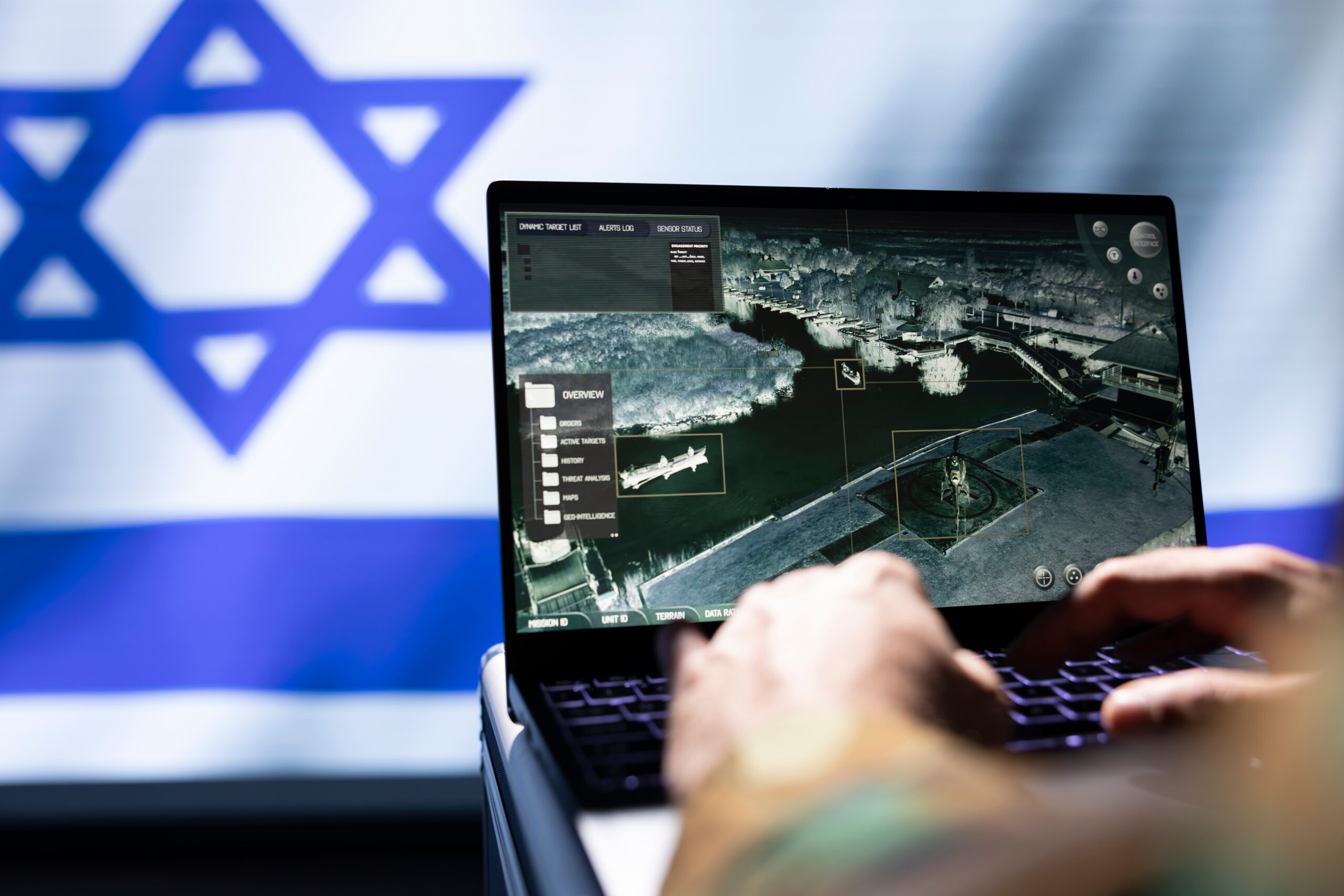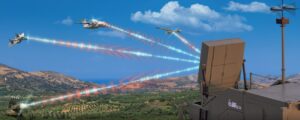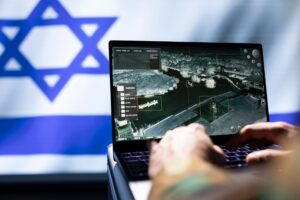Hero to Hero operates at the Gallop Center for equine-assisted trauma therapy in partnership with Special in Uniform, a program of Yad Layeled Hameyuchad supported by Jewish National Fund-USA.
By Pesach Benson, TPS
Wounded soldiers often return home to a silence more painful than any battlefield.
For Malachi A., a lone soldier, and Raphael Z., a reservist rabbi, that silence marked the beginning of a new kind of battle – the struggle to reclaim their lives.
Both found their way forward through Hero to Hero, an Israeli rehabilitation program that pairs wounded warriors with horses and young adults with disabilities serving in the Israel Defense Forces.
Malachi’s injury came amid the chaos of combat. A member of the elite Duvdevan commando unit, he was struck in the head during an operation in Gaza.
“They told me to pull back, to get checked, to rest,” he recalled. “But I couldn’t. I was a lone soldier – my team was the only family I had. How could I leave them? I went in with them, and I came back with them.”
A lone soldier is someone who serves without immediate family support in the country. Most are immigrants or volunteers from abroad, but it can also apply to Israelis from broken families.
Surgery and therapy restored Malachi’s body, but the solitude of returning home proved far harder. “People see you on the outside and assume you’re fine,” he says.
“But inside? The nights are the hardest, when you walk into an empty home and there’s no one waiting for you. That’s when the pain really sets in.”
For Raphael, who served in the Paratroopers’ 226th Brigade along the Lebanese border, the collapse was sudden.
Known for supporting soldiers in the field, unbearable headaches forced him to the hospital, where he was sedated and placed on a ventilator for over a week.
Doctors believe the headaches are linke to time spent in temporary bomb shelters during Hezbollah rocket attacks. When Raphael awoke, his body no longer obeyed him.
“One of the first tasks in rehabilitation was simply holding a cup of water and managing to drink. Something so simple suddenly became a mountain to climb,” he recalled.
Both men eventually discovered Hero to Hero. Initially, Malachi came to volunteer, but found himself healing in ways he hadn’t anticipated.
“The horse doesn’t judge you. It responds to your heart. Through it, I learned to calm myself, to trust myself again. I came here to give – but I got my life back,” he said.
Raphael, too, found purpose in the program. “Here, I’m not defined as ‘the wounded rabbi.’ I’m part of a group, part of a process that gives me back a sense of purpose. The horse doesn’t know your rank or your past – it senses your heart. And when you open up to it, you discover strength you didn’t believe was still inside you.”
Hero to Hero operates at the Gallop Center for equine-assisted trauma therapy in partnership with Special in Uniform, a program of Yad Layeled Hameyuchad supported by Jewish National Fund-USA.
It unites wounded IDF veterans with young adults with disabilities serving in the army. Hundreds of soldiers have been treated at the Gallop Center in Moshav Kfar HaNagid since 2017.
“We don’t believe in pity. We believe in restoring dignity,” explained Hero to Hero founder Avivit Malka Ben-Gaon.
“The horse is like a mirror – it reflects what’s in your heart. Once a soldier learns to calm the horse, he learns to calm himself. That’s where healing begins.”
Equine-assisted therapy, often called horse therapy, has been growing as an alternative or complementary form of rehabilitation.
It addresses PTSD, anxiety, depression, and trauma-related stress. Physical rehabilitation benefits such as balance, coordination, and core strength can also be achieved through riding exercises.
Lt. Col. (res.) Tiran Attia, Director of Special in Uniform, emphasized the program’s reciprocal impact. Special in Uniform helps integrate people with special needs into the army.
In this case, volunteers with special needs ride and care for the horses alongside the soldiers.
“The soldier who thought his life had ended discovers he can rise again. And the young adult with special needs realizes he is a vital part of the soldier’s journey. It’s not just therapy – it’s community, empowerment, and resilience,” Attia said.
“Someone gave me a small opening of hope, and through it, I walked into a new life.” Raphael said.
“I am still on the path of recovery, but I no longer see myself only as someone who receives. Here, I have learned that even in weakness, you can give. And that giving – that is the greatest healing of all.”
In nearly two years of war, more than 20,000 Israeli soldiers have been injured, half under the age of 30.


